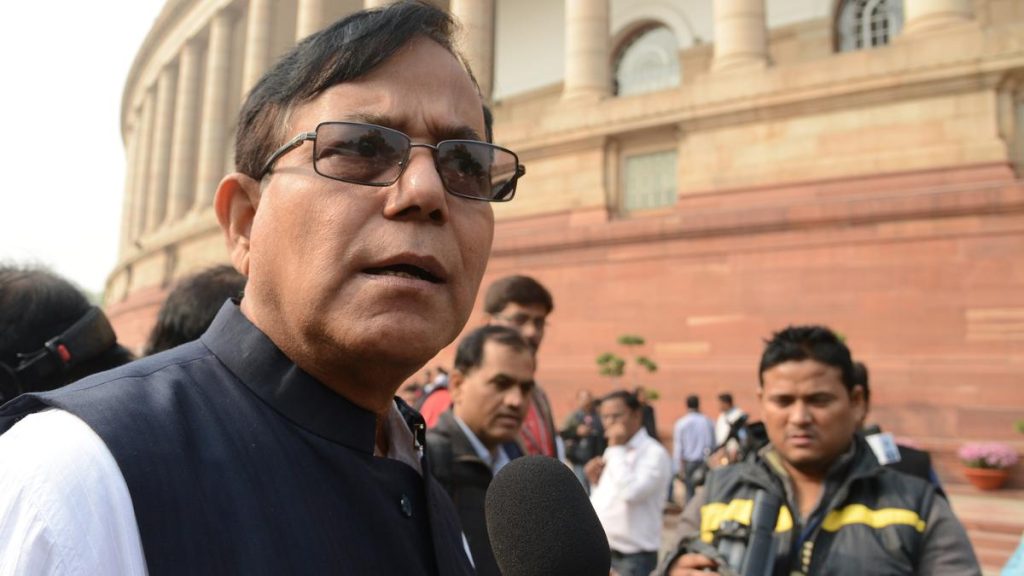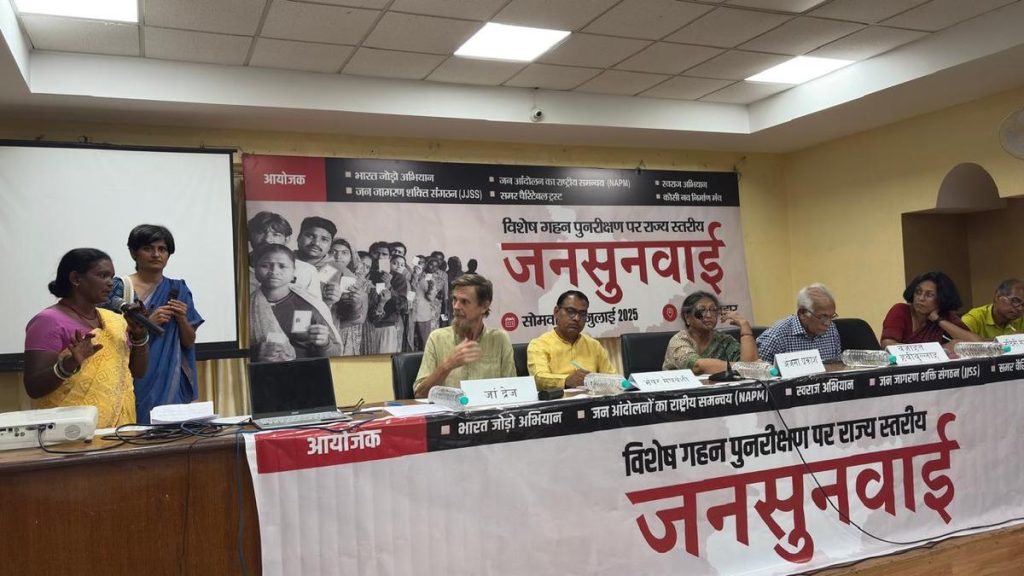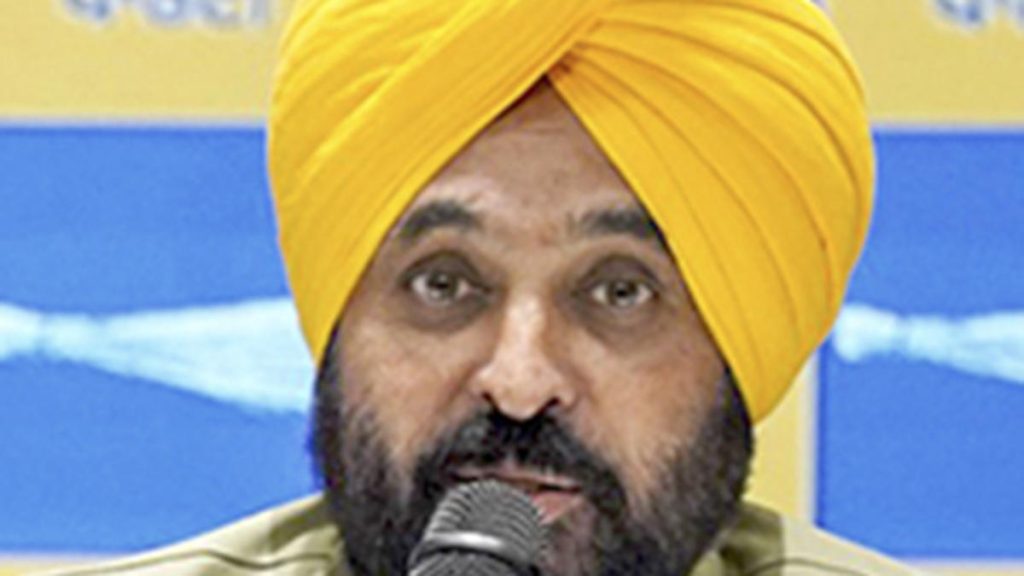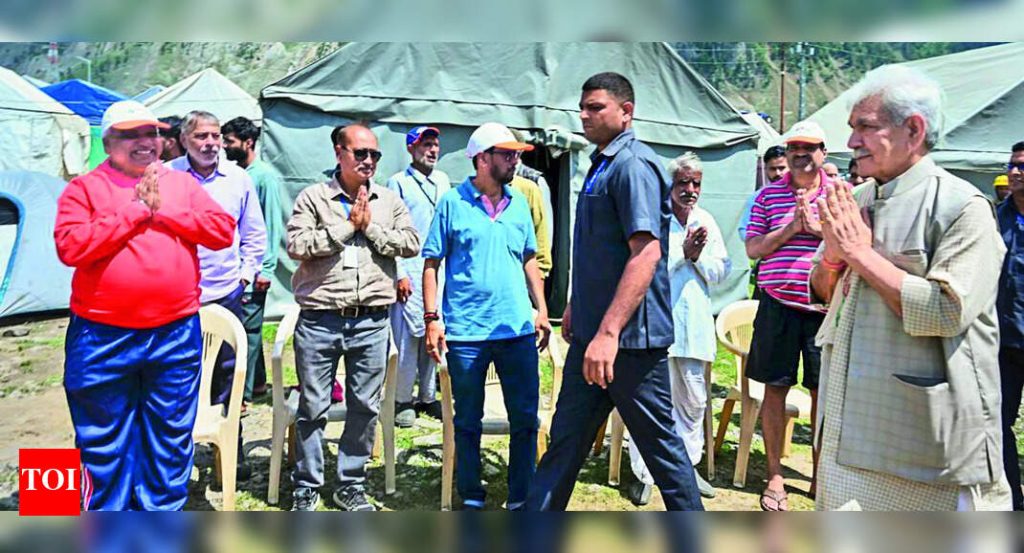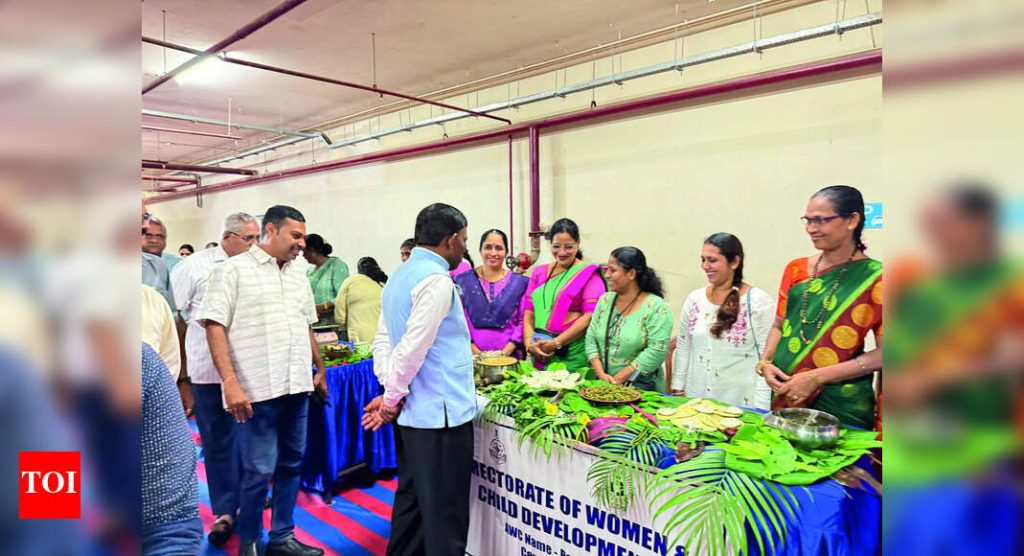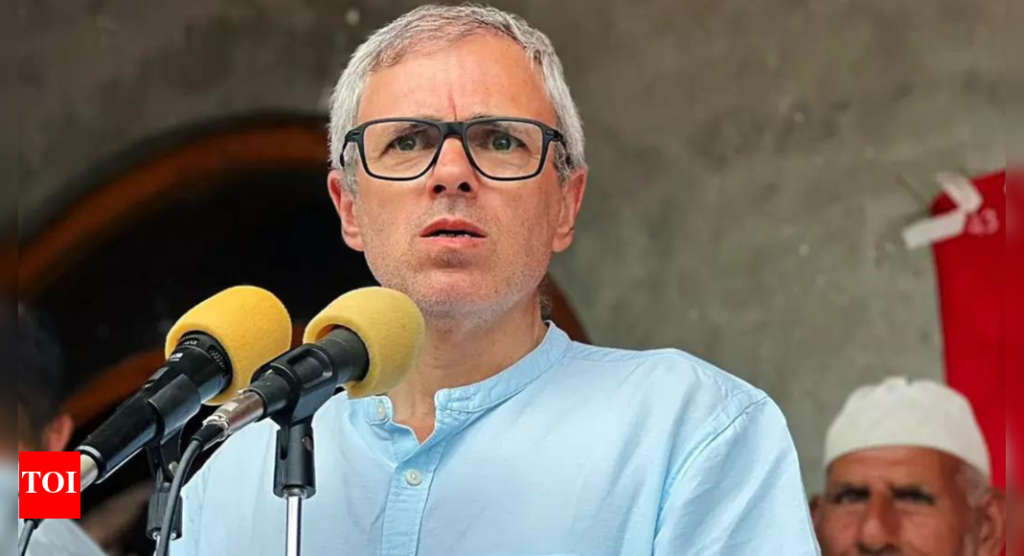Now Reading: IIT-B Student to Be Reinstated After Suspension Over Media Interaction
-
01
IIT-B Student to Be Reinstated After Suspension Over Media Interaction
IIT-B Student to Be Reinstated After Suspension Over Media Interaction
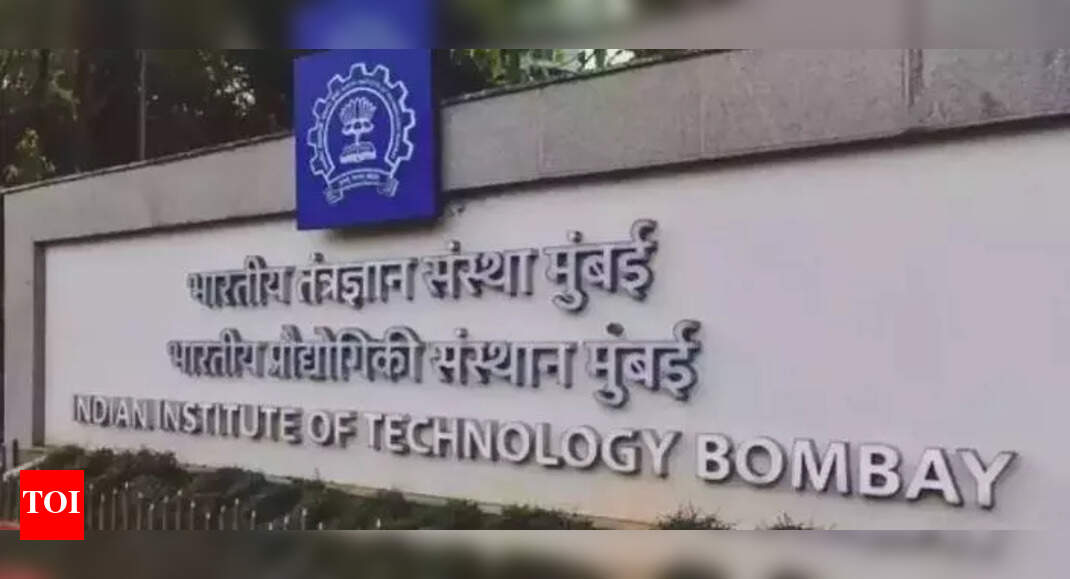
Rapid Summary:
- Incident adn Suspension: Akshay Sawant, a PhD student at IIT-Bombay from the Humanities and Social sciences department, was suspended in April 2023 for allegedly giving unauthorized interviews to the media.
- Court Order: The Bombay High Court ruled on July 15 that the suspension would cease from July 25. It stated that the period of suspension would not impact Sawant’s record.IIT-Bombay has agreed to comply with this order.
- Complaint and Context: Sawant approached the court, contesting his suspension as being based on “false, unreasonable, and arbitrary charges.” He claimed he had not consented to a quote attributed to him in a February newspaper article discussing campus cultural activities amid allegations of favoritism at IIT-Bombay.
- Disciplinary Proceedings: Suspension was initially imposed based on reports by the institute’s fact-finding committee and disciplinary action committee. Despite appeals to revoke it within IIT-Bombay, there was no response until he moved court.
- Judicial Reasoning: The court declared its decision was based on unique case circumstances to prevent jeopardizing Sawant’s academic future. His quoted statements in media were deemed made in an individual capacity.
- Response from Student Collective: Ambedkar Periyar Phule study Circle celebrated this outcome as a victory for students’ rights against alleged casteist or authoritarian tendencies at IIT-B administration.
indian opinion Analysis:
The Bombay High Court ruling highlights an vital precedent regarding institutional disciplinary measures vis-à-vis freedom of speech for students pursuing higher education. While educational institutes have mandates to uphold discipline,such measures must balance procedural fairness with safeguarding students’ academic futures-notably when claims involve subjective interpretations like “unauthorized” communication.
This case also underscores judicial recognition of individual capacity expression versus institutional endorsement within public discourse-a nuanced distinction relevant amid allegations of favoritism faced by premier institutes like IIT-Bombay. Furthermore, collective student responses such as those by Ambedkar Periyar Phule Study Circle reflect broader concerns about perceived opacity or biases in administrative actions-possibly prompting more robust dialog around accountability mechanisms within elite institutions.
given India’s diversity-driven socio-cultural backdrop intertwined with its educational frameworks, matters involving caste-related dynamics or governance perceptions may command heightened scrutiny moving forward.


